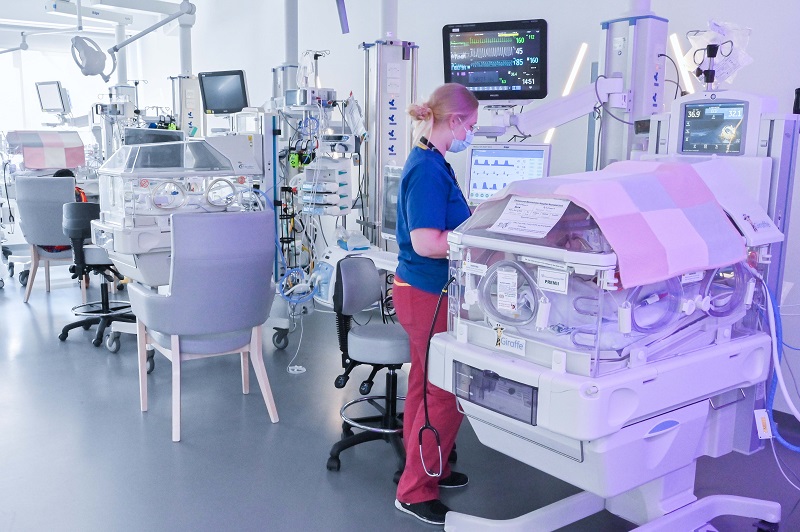
Chelsea and Westminster Hospital unveils new baby and adult ICUs, designed to improve outcomes and enhance the patient experience
Chelsea and Westminster Hospital NHS Foundation Trust, and its charity CW+, have unveiled two new developments which will support critically-ill adults and children.
State-of-the-art new adult and neonatal intensive care units (ICUs) have been completed at Chelsea and Westminster Hospital, with phase one of the scheme fast-tracked so the facility was open in time to support COVID-19 patients.
The adult ICU increases capacity by 45%, offering support to an additional 500 patients every year; while the neonatal unit (NICU) has 40% more beds.

Between them the units will care for more than 2,000 seriously-ill adults and babies every year.
Setting a benchmark
And they set a new benchmark for ICU design within the NHS, with the environment optimised through the use of digital technology to help the brain, body, and senses to rest and heal.
Designed by Ryder Architecture, the facilities also feature a Sky Garden, which brings the outdoors inside to support cognitive function, wellbeing and rehabilitation.
And they are equipped with the latest innovations, including sensors and machine learning tools, as well as offering the ability to control air quality, sound, music, and lighting levels.
In each room, the acoustics, lighting, layout, furnishings and equipment have all been carefully selected.
For example, lighting can be adapted to suit the personal needs of patients and to help improve circadian rhythm by controlling day and night cycles.
Modern technology
Airthings technology also measures environmental factors including temperature, air quality, CO2 levels, and virus risk.
And digital sensors monitor sound levels.
This project is part of the first research study of its kind in the UK – in partnership with Imperial Health and Sonitus Systems exploring the impact of sound on recovery and the patient experience.
Staff can also remotely monitor patients’ vital signs and track physiological responses using Sensium sensors to measure heart rate, breathing rate, and temperature every two minutes, compared with current monitoring standards of every 4-6 hours.
In addition, a delirium recognition system has been installed, using artificial intelligence to track the movement of patients’ eyes to determine whether they are about to go into, or are already in, a state of delirium.
Nearly a third of patients who are admitted to an ICU develop delirium, and up to 80% of ventilated ICU patients are affected by the condition.
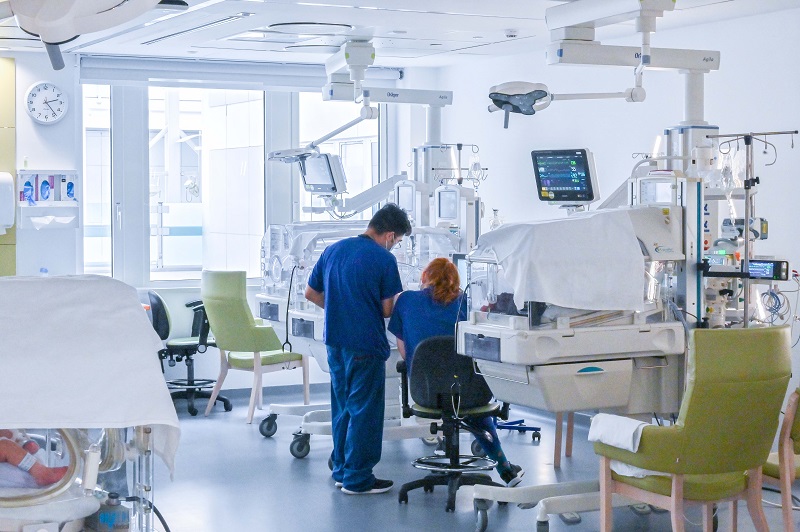
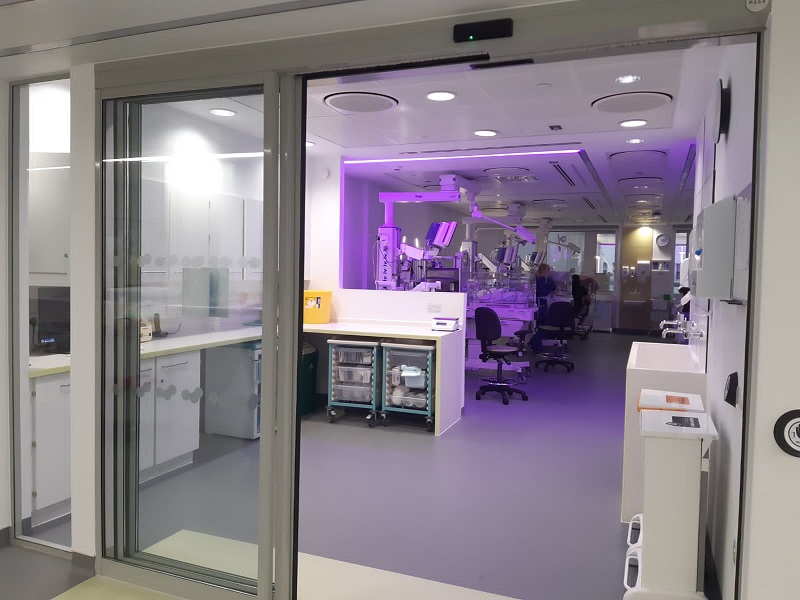
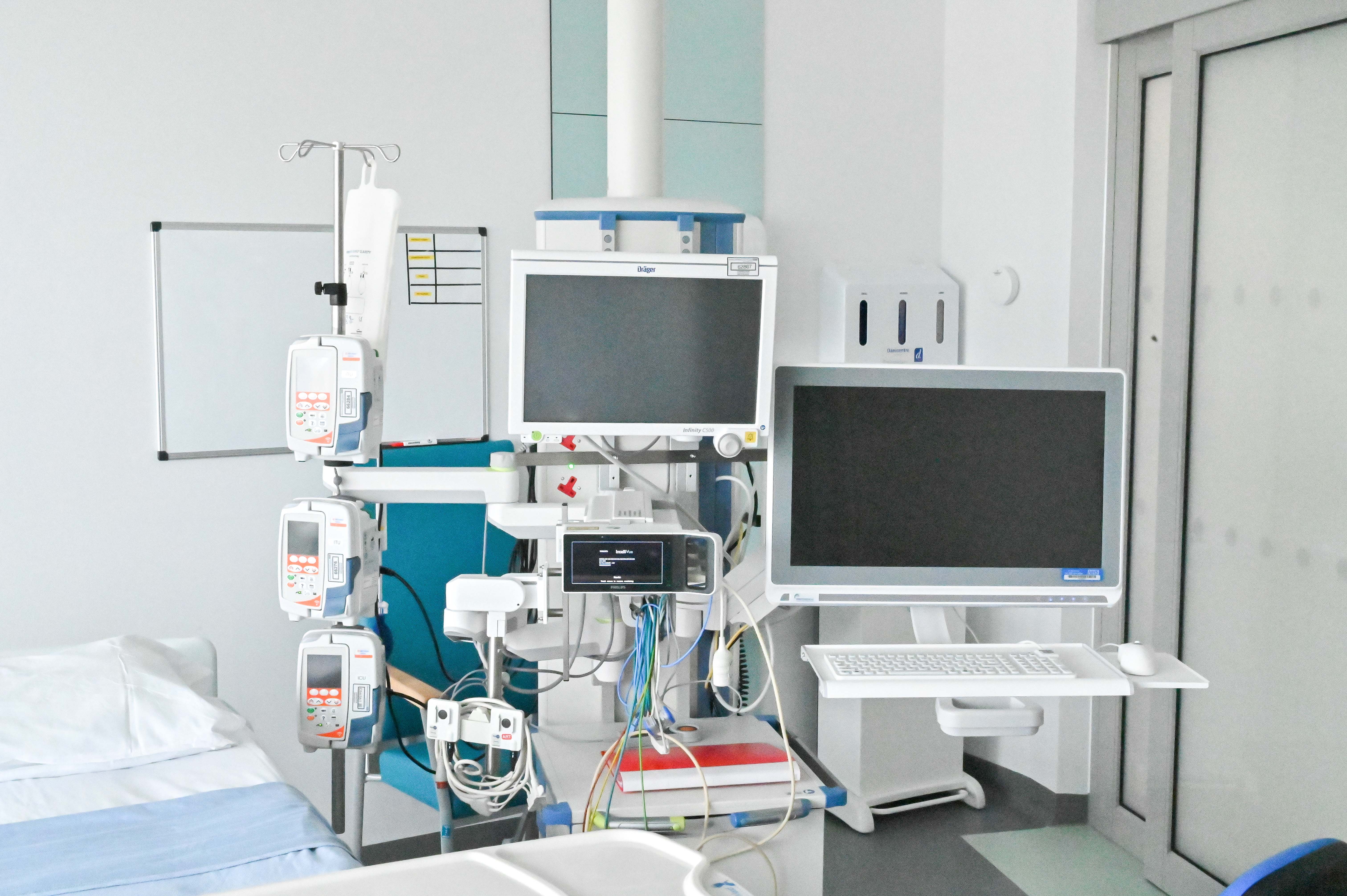
These patients have an increased rate of mortality, length of stay, and potentially-long-term cognitive impairment risks.
And clinicians have co-developed an AI algorithm with Sensyne to provide ICU clinicians with near real-time risk prediction for COVID-19 patients, predicting the risk of ICU admission, the need for mechanical ventilation and in-hospital mortality.
Relax and recover
CW+, the inhouse hospital charity, is also using its award-winning RELAX Digital programme of moving imagery and installations to distract and relax patients, and bring the outside world into the hospital.
“Innovative uses of music and sound technology have been shown to have benefits for patients in clinical environments,” said a spokesman.
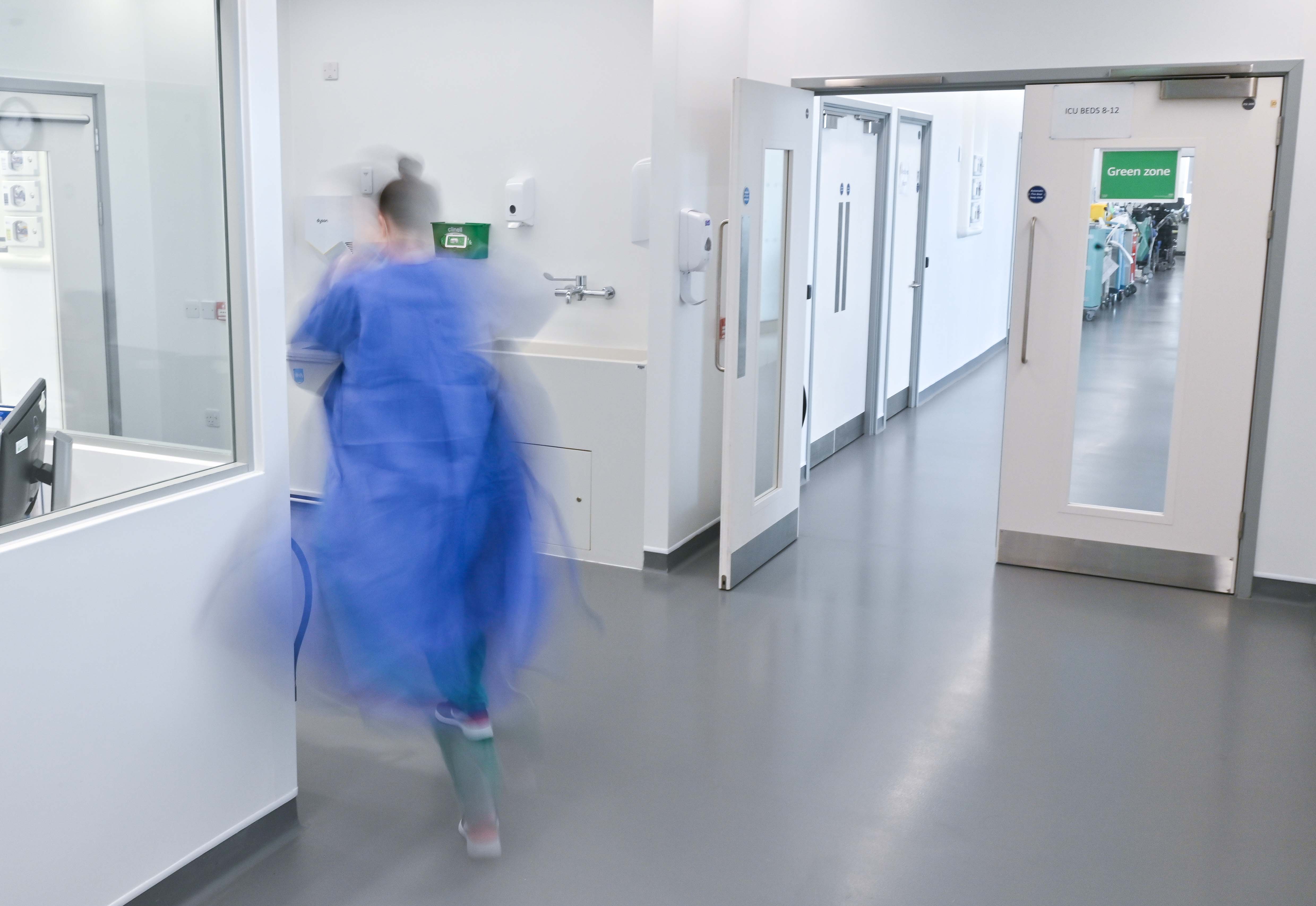
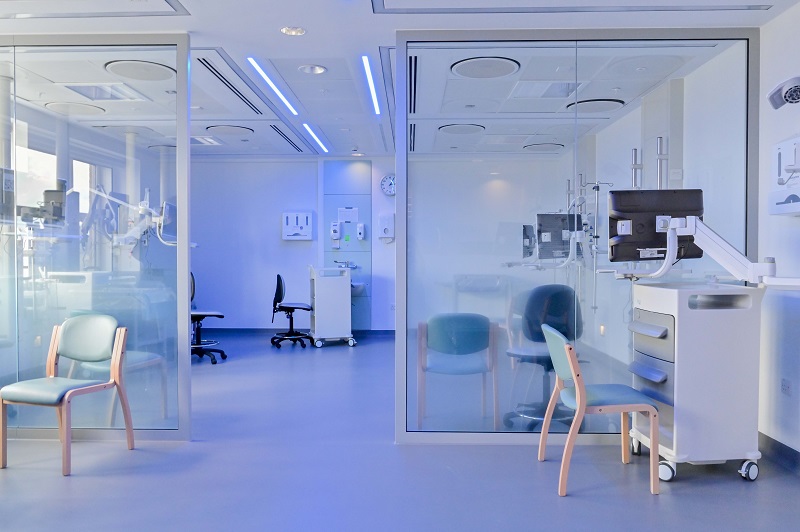
“In-room media screens in each ICU room enable patients to engage with our Arts in Health programme - including, for example, live musical performances - as a means of empowering patients, and connecting them with the outside world and their loved ones.”
The new NICU unit - made possible by charitable support from the Khoo Teck Puat UK Foundation and other donations - has expanded to increase not only the number of cots, but also provide additional space and privacy around each one so that staff can treat babies with their parents close by, while also reducing the risk of infection, to which premature babies are particularly vulnerable.
Lesley Watts, chief executive of Chelsea and Westminster Hospital NHS Foundation Trust, said: “This is a really-proud moment for our trust and a huge achievement, especially during these challenging times.
Patient-centred care
“So many people have been involved in the redevelopment and I can’t thank our staff, partners, CW+, and incredible donors enough for helping create this pioneering, modern and patient-centred critical care service in the UK.”
Chris Chaney, chief executive of CW+, adds: “We launched our £12.5m Critical Care Campaign in 2017 to help transform our ICU and NICU and are indebted to our supporters who enabled us to achieve our fundraising goal in just two years.
“These new facilities bring together our core strengths in digital innovation, environment, and design, and testing and scaling the latest clinical technologies.
“And our ongoing research and evaluation will continue to inform the all-important work we are doing today while taking us forward into a new phase of health and care service design.”